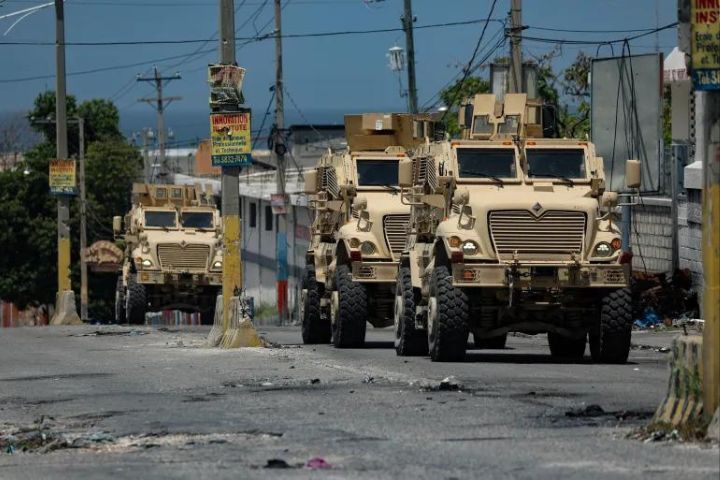Amidst growing gang violence and a worsening humanitarian crisis, the UN Security Council has unanimously decided to extend the Multinational Security Support (MSS) deployment in Haiti for an extra year. This September 30, 2024, decision is a reflection of the international community’s continued commitment to help Haiti regain its governance and security. Under Kenya’s leadership, the MSS mission seeks to assist the HNP in regaining control of areas where criminal gangs are a problem.
Background of the Mission
After a surge in violence that has taken over 3,600 deaths this year alone, the Haitian government requested authorization for the MSS mission, which was first granted in October 2023. The main goals of the mission are to help stabilize areas under gang control and to support the HNP operationally. The operation has encountered difficulties despite its admirable goals, such as a lack of financing and a restricted force deployment. There are already about 400 staff members on the ground, and as more contingents come from Kenya and other contributing countries like Jamaica and Belize, that number is eventually expected to rise to 2,500.
In order to strengthen the mission’s capabilities, the UN resolution highlights the necessity of additional contributions from member nations. Although the United States and Ecuador backed the concept of turning the MSS into a legitimate UN peacekeeping operation, China and Russia opposed this plan, and it was eventually left out of the approved resolution. For now, the emphasis is still on improving the current mission instead of changing its operating architecture.
Implications for Haiti’s Future
At a crucial moment for Haiti, which is dealing with serious humanitarian challenges like mass displacement and food hunger impacting almost 5 million people, the MSS mission is being extended. There is a growing demand for more sustainable funding sources and increased support for local governance structures as attention from around the world turns to Haiti’s predicament.
Converting the MSS into a UN peacekeeping force, according to Haitian officials, may provide more steady money and resources that are required for long-term stability. However, because of their negative experiences with UN missions in the past, some Haitians are still skeptical of foreign intervention. In order for this extended mission to be successful, confidence and collaboration between local populations and foreign forces working to restore peace and security in Haiti must be fostered in addition to receiving backing from other countries.




GIPHY App Key not set. Please check settings